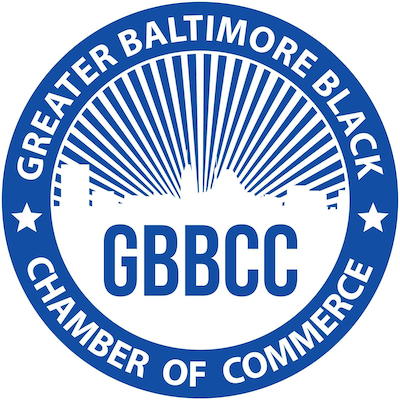3 questions with the Greater Baltimore Black Chamber of Commerce

Debra Keller-Greene is chair of the board of directors for the Greater Baltimore Black Chamber of Commerce.
By Maria Selfridge – Research Director, Baltimore Business Journal
Jun 5, 2020
Debra Keller-Greene, chair of the board of directors for the Greater Baltimore Black Chamber of Commerce, spoke with the BBJ about obstacles facing African-American-owned businesses in Baltimore and how future leadership can help these enterprises succeed.
The answers have been edited for length and clarity.
First, let me say that the Covid-19 pandemic has affected the entire nation economically and indiscriminately. Some industries will thrive, while others may not survive. All business owners are concerned about the future of their business, maintaining their households, and the well-being of their family, employees, friends, and colleagues. We all have that in common.
The question should be, how will the pandemic affect policy change for black-owned businesses? Will the powers that be maintain the status quo, or recognize what is broken within the economies of scale of large corporations and take this opportunity to make the needed changes in economic policy to level the playing field for businesses with fewer than 500 employees — the majority of which are black-owned businesses? Black-owned businesses don’t’ fit into a “one-size-fits-all” mold. We are sole proprietors, independent contractors, LLCs and S corporations, and employers with two to 50 and more than 100 employees.
One thing has become abundantly clear with the Covid-19 pandemic and that is that the banking system is not designed to address the access-to-capital needs of smaller black-owned businesses and disadvantaged communities. The Covid-19 pandemic did not cause this inequality, but it certainly amplified and magnified it.
I would be remiss if I did not acknowledge our congressional leaders who stepped up in attempts to right this wrong in the face of the pandemic. I regret that it took a pandemic of this magnitude for them to do so. I hope they are willing and able to make transformative policy changes that level the economic playing field for black-owned businesses endeavoring to support our families, develop our communities and employ citizens who live in the community, and allow black-owned businesses to become equal players in driving the local and national economy.
What are the other big economic obstacles facing black-owned businesses in Baltimore. Covid-19 aside?
The biggest economic obstacle facing black-owned businesses is the lack of opportunity to participate equally in local business opportunities. Overall, the local leadership has not established public-private partnerships among local black business owners that support local business, economic and community development.
How can a new wave of city leadership facilitate more growth and success for black-owned businesses?
By promoting public-private partnerships with black-owned businesses, especially on community development projects, and establishing rules that prime contractors must contract with local black-owned businesses, similar to the local hire requirement. Also, black-owned businesses are grouped in with other minorities (i.e., LGBQ, white females, Latino and others) when it comes to local and state procurement goals. There is no evidence that that supports the participation of black-owned businesses on city and state procurements. City and state leaders could facilitate more growth and success for black-owned businesses if they created procurement systems that identify qualified black businesses to match with opportunities and track success with a breakdown of minority groups to determine disparity within the MBE system.
